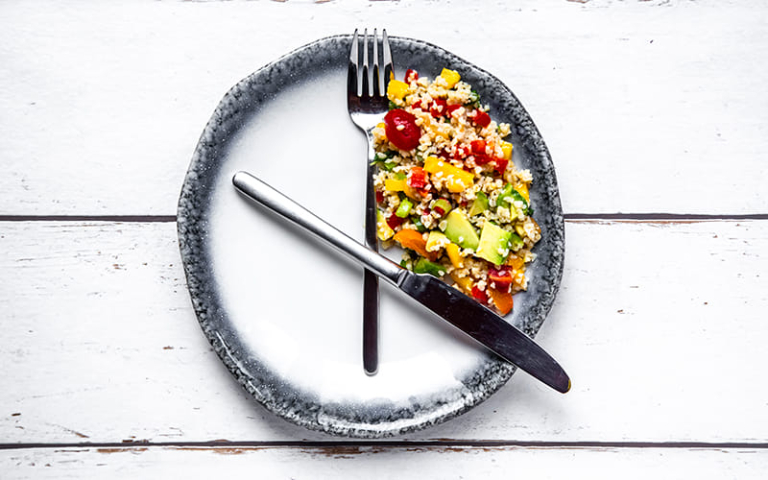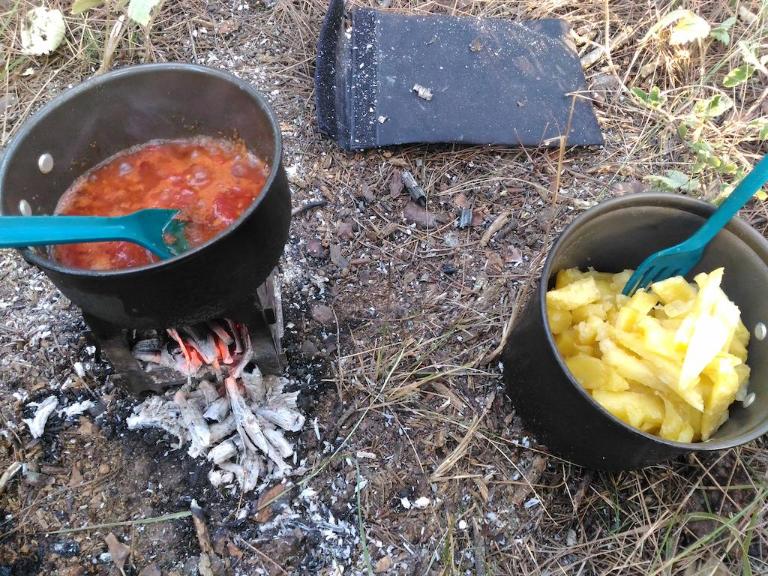Bike Touring with Intermittent Fasting and Low Carb Diet
I would like to know about the experience of other bike travellers with intermittent fasting and a low-carb diet. I think this way of eating could be especially useful for long, multi-day and remote trips. I notice if I ride my bike for some hours first before I stop to have breakfast I have the feeling I have more energy, even before breakfast. I noticed this before the intermittent fasting was hyped so I think it's not only in my head and I would like to hear other experiences with this. The next part is influenced by the hype and some books I've read. For some months I started eating as little as possible added sugar, even during biking. Before I started this I actually did the opposite, but now I have the feeling that eating a salad during the ride gives me more energy than eating special sports energy bars. So I'd like to know if there are others that also avoid sugar during their trips.


